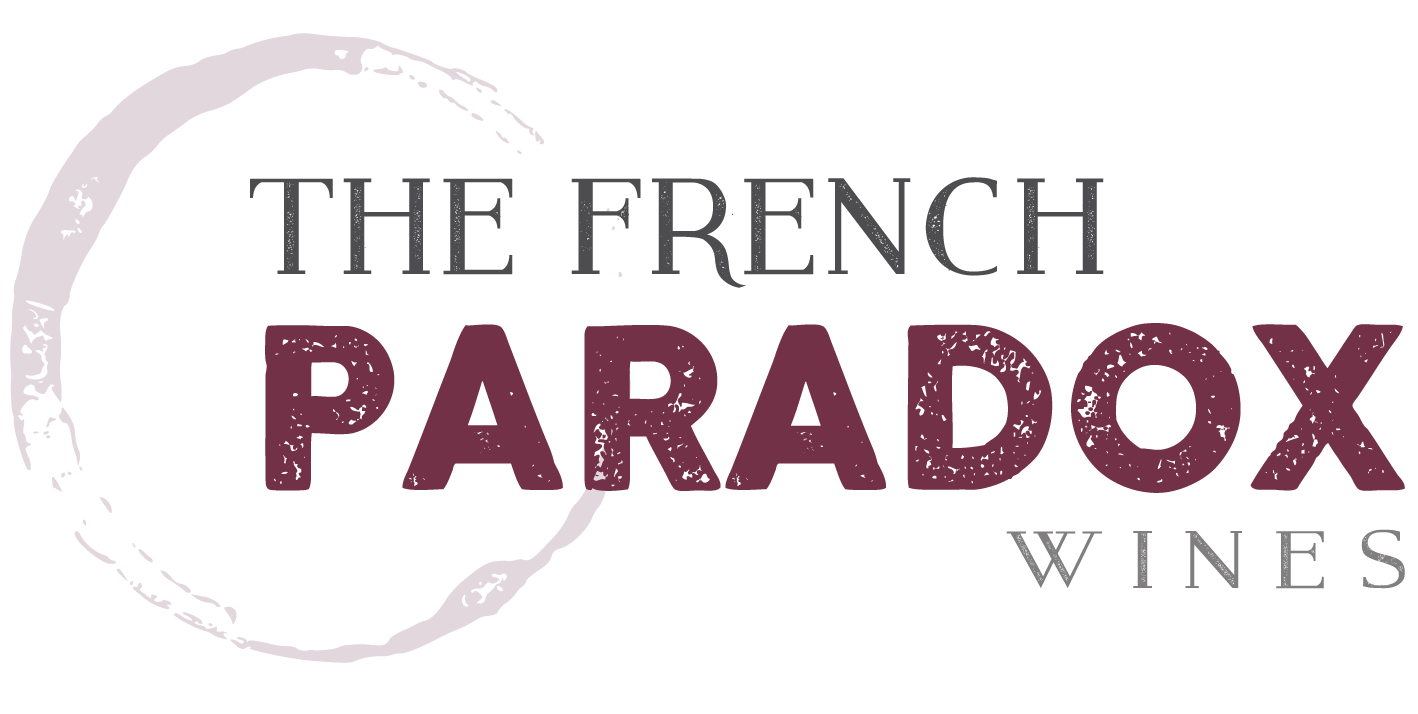So, as those of you that read my scribblings know, I’m a bit of a Luddite when it comes to wine. I really and truly feel that modern wines, largely due to the trend towards ripeness, are less interesting than wines that have their natural fruit flavors balanced by cleansing acidity and augmented by flavors and aromas from the growing environment (soil, rocks and/or plantings in and around the vineyard). It’s not that I think that riper, fruitier wines are bad, I think that the dominant fruit (and oak) flavors make the wines delicious yet one dimensional. These modern wines are, paradoxically, easier to like, yet less satisfying.
Recently, I came across an editorial in the New York Times that was making a similar point about music. Its was pretty interesting, largely suggesting that aurally aggressive songs are being digitally mastered in that fashion by design, because today’s music environment rewards the short sound clip that is loud. If one is making a ‘buy’ decision based upon very brief exposure, than ‘loud’ wins the day.
Although I’m sure that I misunderstood much of the article, that point resonated (no pun intended) because I believe that the same phenomenon is occurring in wine; that is, if the buy decision is being made based upon one sip, then that sip had better be loud.
Wine critics don’t judge wines the way the public consumes wine. The public drinks a wine over a period of time, often with food. The wine, due to exposure to air, changes in temperature and the presence of other flavors and textures in the mouth, changes. The critic, who tastes numerous wines in a single setting does not factor in any of these changes because they are making their decision upon the basis of that one sip. Furthermore, even if said critic revisits the wine for a second sip, there is no contextual change; all the wines being tasted and judged are being exposed in the precise manner; the same change in temperature, aeration and (unlikely) food offerings. So ‘loud’ still wins.
In the context of sound, we understand ‘loud’ even if we can’t define it. In wine, it’s actually easier to define. A ‘loud’ wine delivers aggressive sweet fruit flavors first, delivered with a thick consistency. The combination of sweet and thick ‘crowds’ out any other sensations since our simple taste buds (yes, even alleged wine experts have simple taste buds) are susceptible to overt rather than nuanced flavors. These overt flavors are not unpleasant, hell, they are delicious! But the very nature of the dominant thick sweet flavors masks any secondary flavor. The loud wine is not ‘bad’, just simple.
But, really, who cares? The reality is that wine is woefully unimportant. Thicker, sweeter, rather than lighter and less sweet? Why does it matter? Well, I’ll argue, that although it doesn’t really matter, a wine that has balancing acidity and a multitude of flavors and aromas ranging from fruity to savory is more interesting than a wine that is dramatically fruity. Of course, a wine that lacks fruit and is savory and acidic might not appeal to many, even though that’s the type of wine that I prefer. I think a wine like that is ‘better’, but really, ‘better’ to me means more ‘interesting’; the wine isn’t dominated by one flavor, there is more ‘going on’, I enjoy the pondering of emerging flavors and aromas that occur as the wine warms and aerates.
I have to admit that my prefered style of wine is a dying breed. It’s more cost effective to make wine in temperate climate and whether you believe in science or not, the world is warming. Winemakers and grape growers from many regions have noted that ripeness is becoming easier as warmer seasons are extended. Wines from riper grapes are easier to like as well; on an evolutionary basis, humans really, really like sweet fruit. So it’s not surprising that critics gush about these modern wines. And as with loud music, their preferences might not be ‘correct’ but they are understandable.
